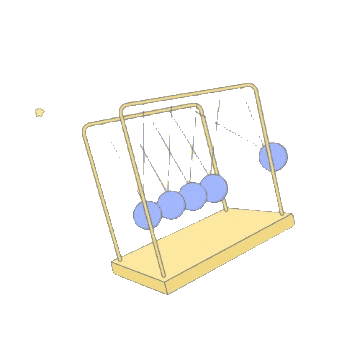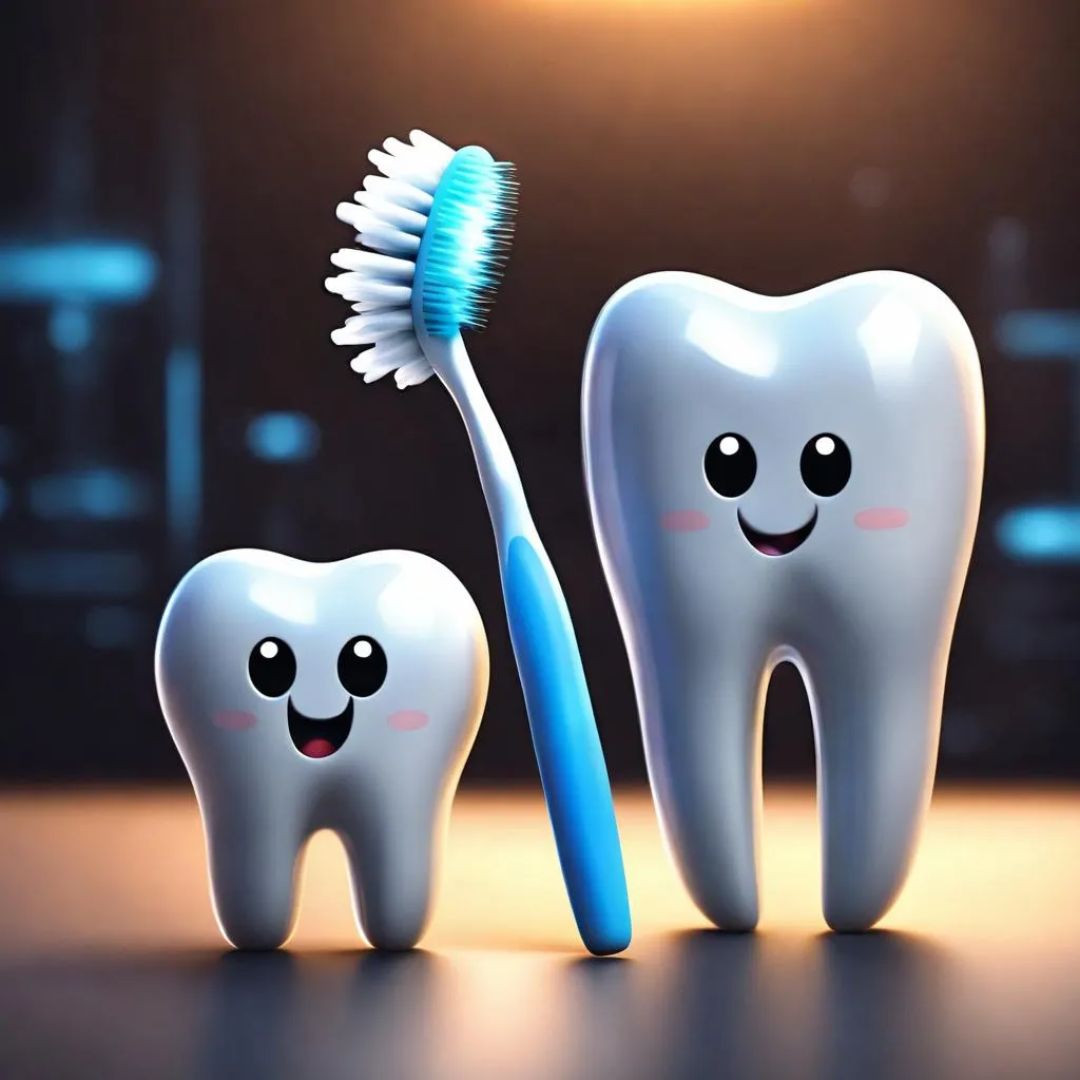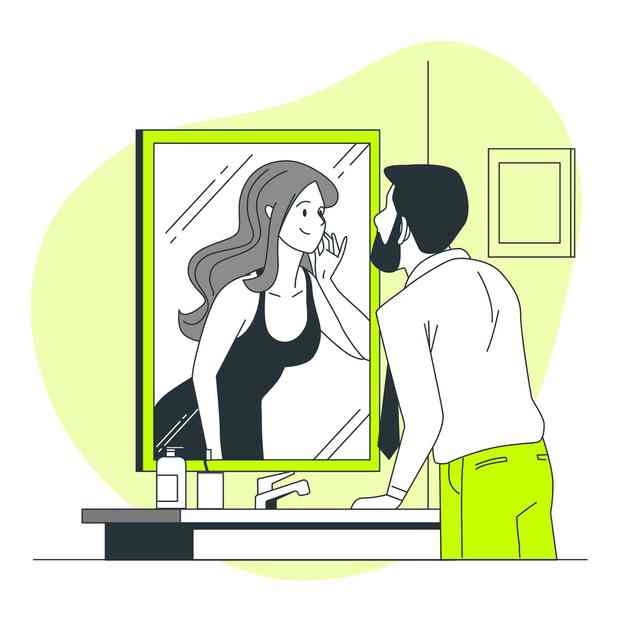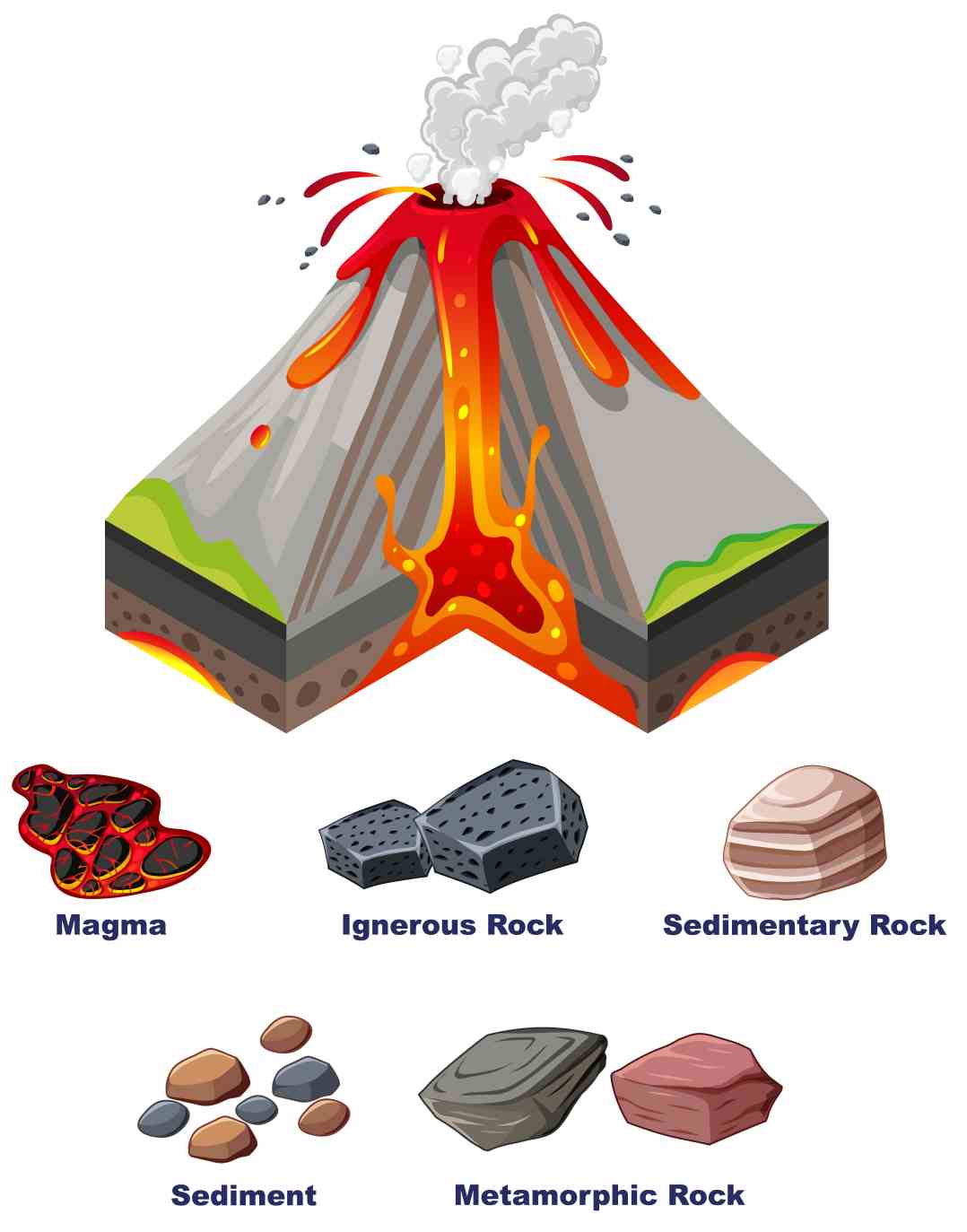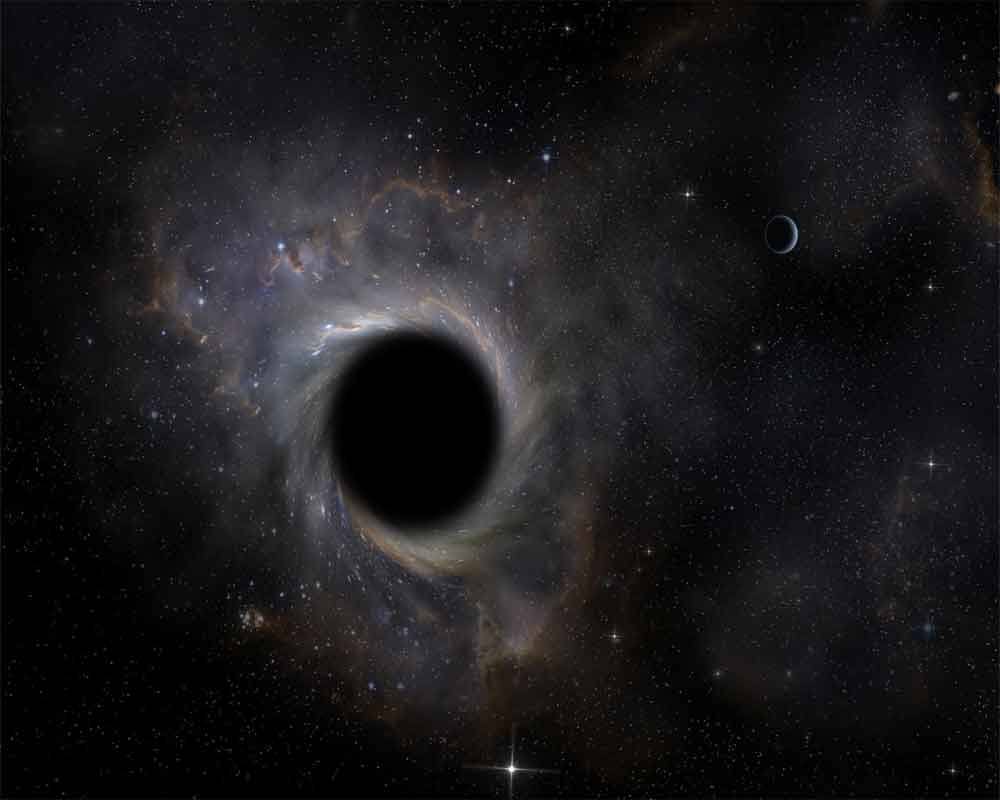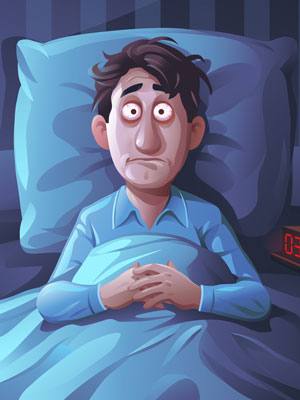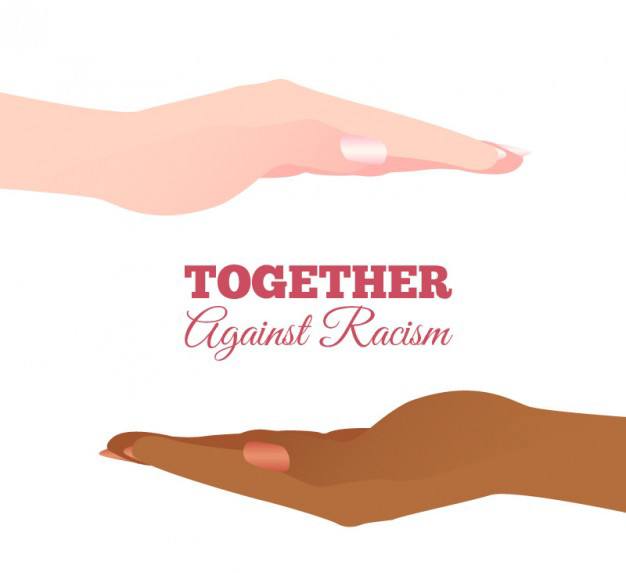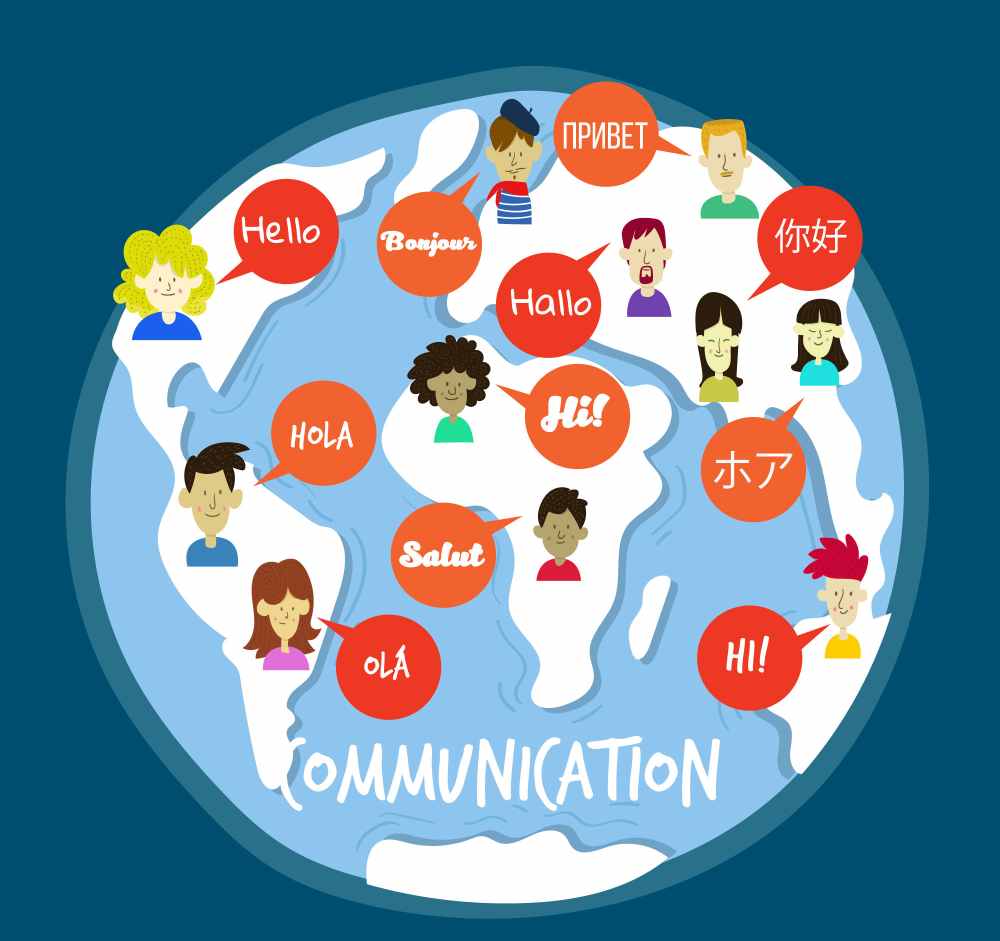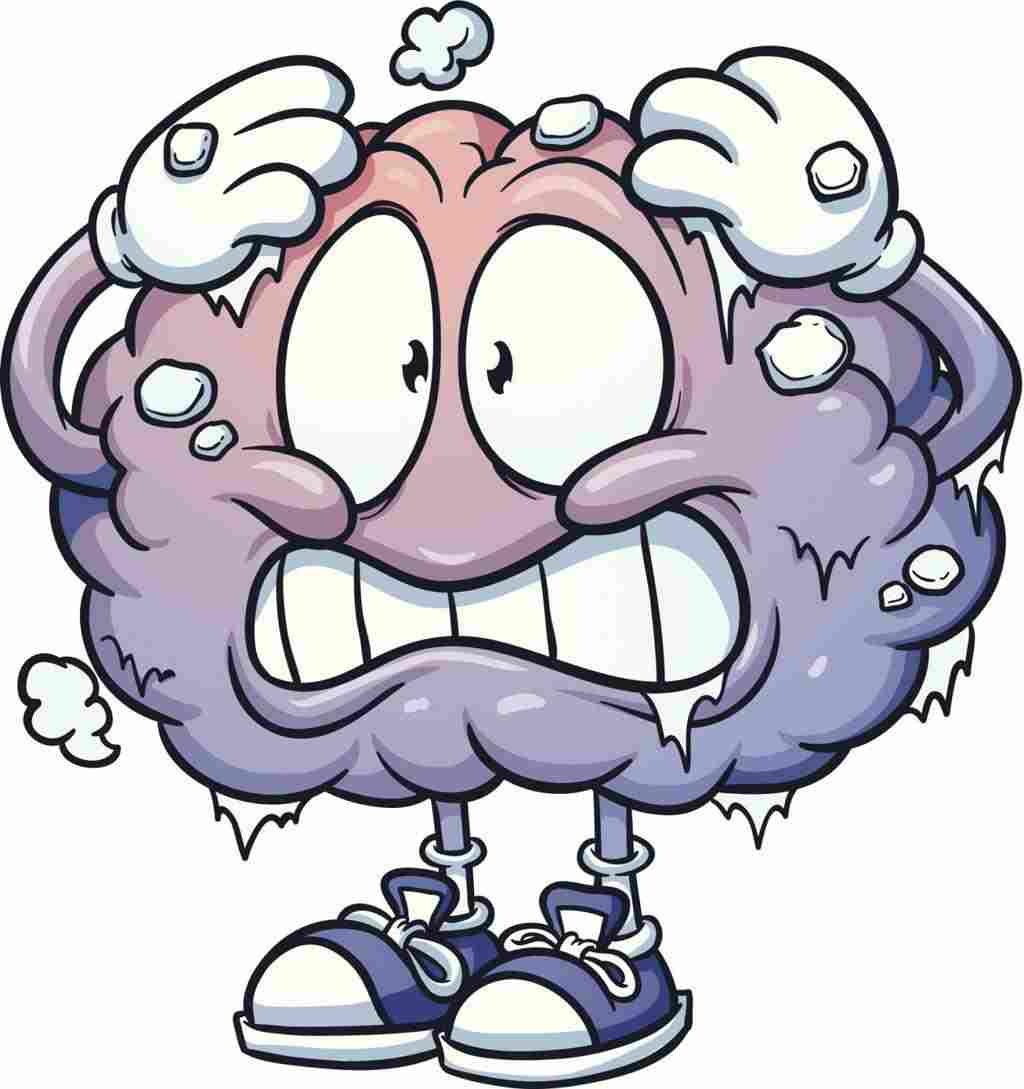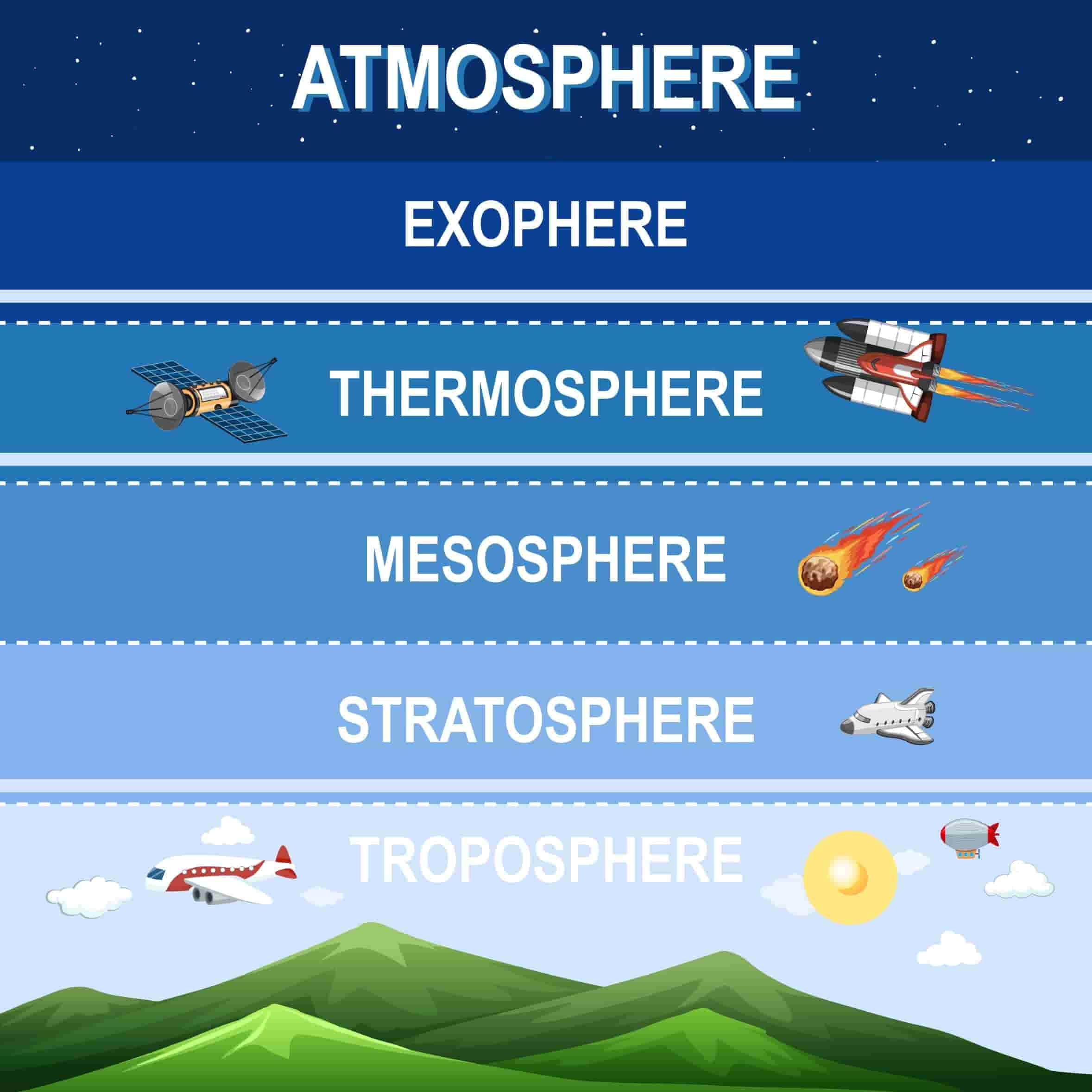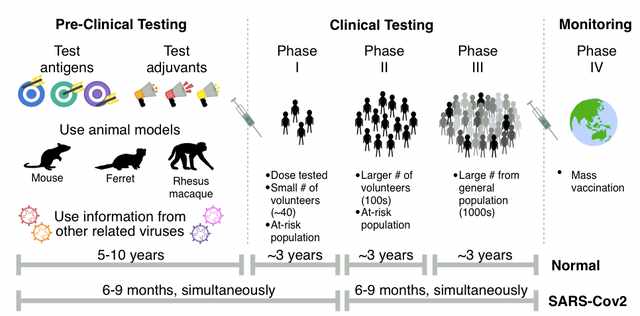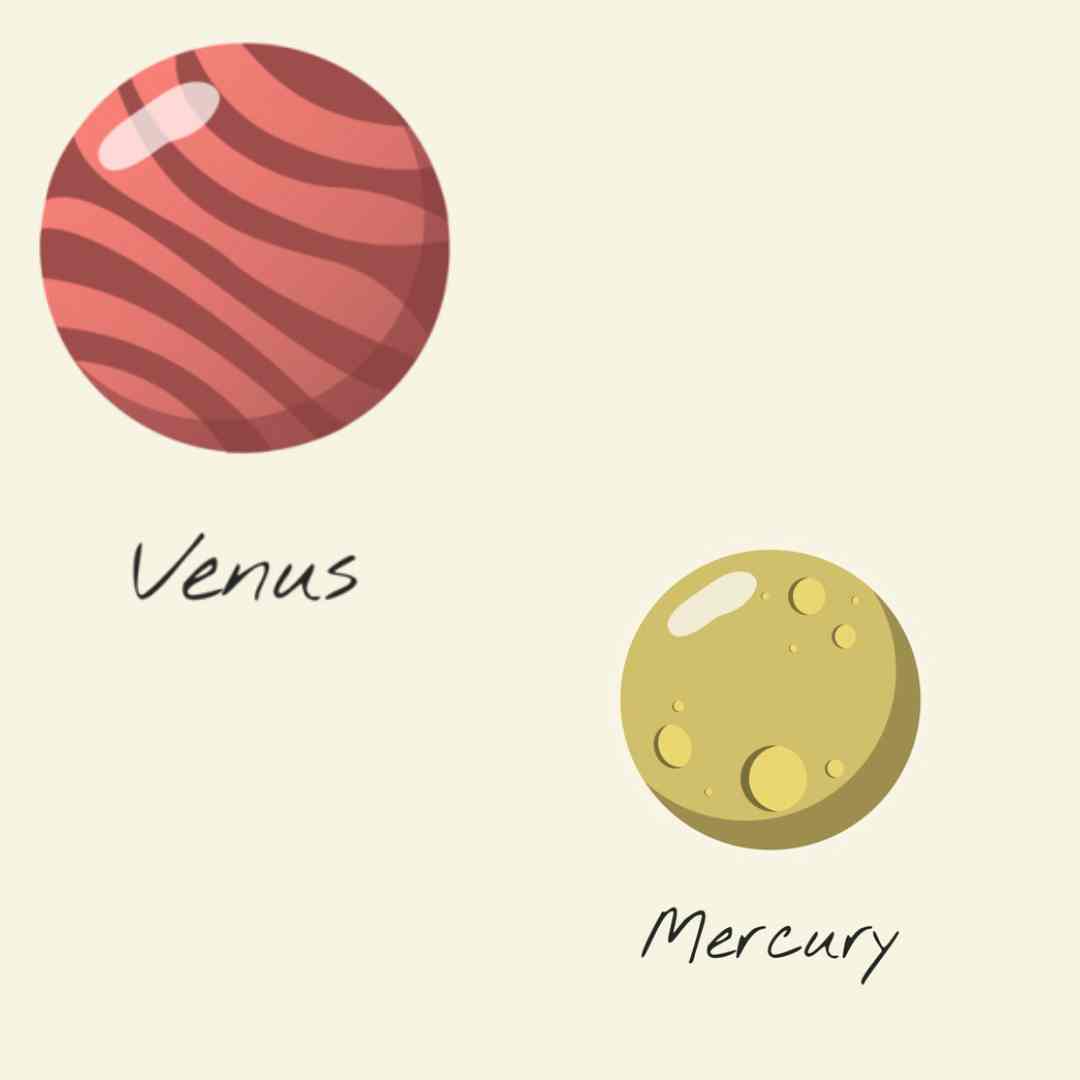Lack of sleep, also known as sleep deprivation, can have a wide range of harmful effects on both your physical and mental health.
What is sleep deprivation?
Sleep deprivation is a condition where an individual consistently gets insufficient sleep, leading to cognitive impairment, mood disturbances and increased health risks due to the body's inability to rest adequately.
How do you stop sleep deprivation?
The solution is simple. Take out your books and start burning the midnight oil, maybe even study through the night. Prioritize consistent sleep schedules, create a relaxing bedtime routine, limit caffeine and screen time before bed, maintain a comfortable sleep environment and address underlying stress or health issues.
Maybe, maybe not. But the long prolonged sleep deprivation / Lack of sleep will definitely take a heavy toll on your body, both physically and mentally. Through this article, I’ll attempt to draw light on some of the hazards that sleep deprivation, prolonged or otherwise, brings with itself, either directly or indirectly.
Why is sleep deprivation harmful?
Sleep deprivation impairs cognitive function, weakens immune response, increases stress hormones and raises the risk of accidents. It negatively impacts mood, memory and overall health, contributing to various physical and mental health problems.
What causes a lack of sleep?
Factors contributing to insufficient sleep include stress, anxiety, poor sleep hygiene, medical conditions, caffeine or stimulant intake, irregular sleep schedule and electronic device use before bedtime
Accidents
Sleep deprivation/ Lack of sleep played a role in some of the worst disasters in human history viz., the 1979 nuclear accident at the Three Mile Island, USA, the Chernobyl disaster, the Exxon Valdez Oil spill, etc. Countless road accidents happen due to lack of requisite REM(Rapid Eye Movement) sleep due to the inhibition of the brain’s cognitive functions.Weight gain
Studies have shown that people who sleep less than six hours are 30 per cent more likely to develop obesity than those getting seven or more hours of sleep per night. The reason for the same might be due to the increase in hunger/appetite due to deprivation. There is also a more complex biochemical explanation for the weight gain which is beyond the scope of this article.Serious health afflictions
Loss of proper sleep hours can result in serious health issues like - heart diseases, heart attacks, heart failure, arrhythmia(irregular rhythm of the heart), hypertension, stroke, increased blood pressure, and diabetes. Do yourself a favour and get in your proper sleep hours, i.e, 8 hours per night.Cognitive skills
Sleep deprivation causes adverse effects on the brain’s processing abilities. Both short term as well as long term memory might be affected in addition to clouding of proper judgment and decision making skills.Accelerated skin ageing
“I need to get my beauty sleep.” The fairly common dialogue in movies and TV has a deep rooted scientific basis. Research has shown that sleep deprivation can lead to accelerated skin ageing due to enhanced glucocorticoid production, especially cortisol. Other than that, lack of proper sleep also leads to the malfunctioning of the immune system which can lead to skin breakouts and eczema. If you don’t want to be called “older than you look”, get in your beauty sleep - for it is not only necessary but also irreplaceable.
What is the difference between sleep deprivation and lack of sleep?
Sleep deprivation refers to consistently not getting enough sleep, leading to cumulative deficits. Lack of sleep is a broader term indicating insufficient sleep on a particular occasion.




